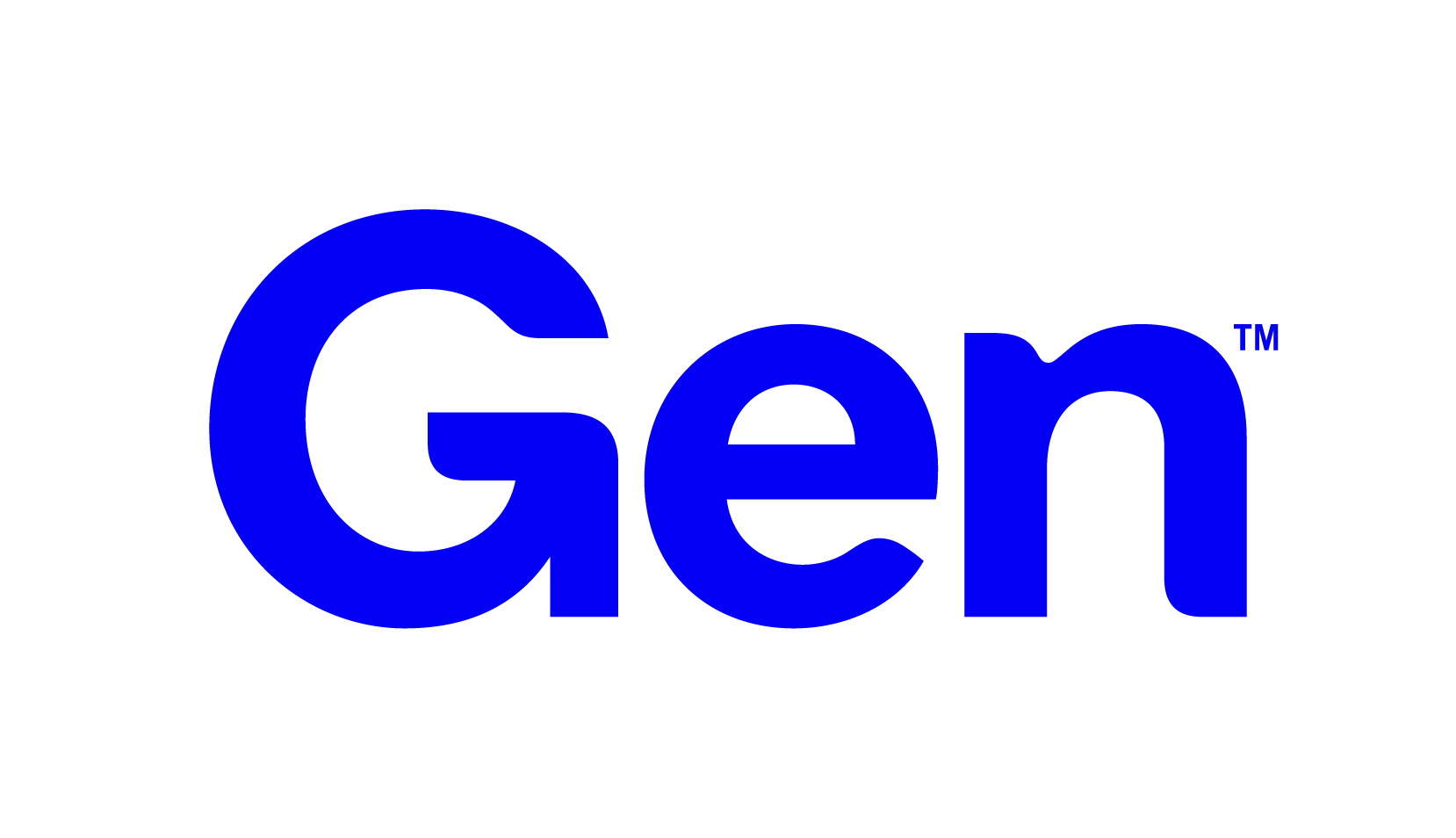Inclusion Is the Key to Innovation
Being part of an authentic workplace

NortonLifeLock Blog | Diversity & Inclusion
By Sarah Hodkinson, Global Head of DTC
I grew up in Chipping Sodbury, a little village in the Southwest of England, where the sheep and cows outnumbered the people. The livestock were more diverse than the people. No people of colour. No gays. Nobody I could see myself in. It all felt very alienating, and I couldn’t wait to get out and “find my people.”
My career has gone from working in the music business in London, running my own PR agency in New Hampshire, working for PayPal and TripAdvisor, and now finding a home and “my people” at NortonLifeLock. I am impressed by the value we place on inclusion and authenticity at NortonLifeLock, and the way it can catalyse a culture of innovation and impact.
What happens when you can’t be authentic at work?
There are plenty of studies about how authenticity at work is correlated with employee engagement, job satisfaction, and overall performance. As one study found, 64% of people are still worried that being true to themselves would be detrimental in their workplace environments.
This has certainly been the case for me in my early career. The progressive bubble I found in college was quickly popped by the narrower reality of the working world. In the late 1990s in the UK, there were no same-sex partner immigration rights, so my then American girlfriend married a British gay man, and in return, I married his gay American boyfriend. While I appreciate in hindsight that this uniquely LGBTQ immigration challenge we faced, it helped me cultivate my “out of the box” approach to creative problem solving, I felt I had to maintain this married, heterosexual façade through all aspects of my life, including at work. When talking with co-workers about my weekend plans, I’d have to make a point to reference my husband rather than my girlfriend, carefully replacing “she” pronouns with “he.” I also tried changing the way I dressed to “fit in,” but I found it all incredibly stressful. So, after six weeks of this ruse, I quit.
Since then, I have intentionally sought out workplaces where I can be open about who I am. I will never go back to pretending to be anyone else but myself. I’ve cultivated a strong personal brand. That said, I understand that not everyone benefits from the privilege I have, some of which is a result of being in a leadership position. I am fortunate that I am often invited to speaking engagements on topics of diversity, equity, and inclusion (DEI), and I try to use my voice and these platforms as a forum to further educate people on the importance of inclusion. Since joining NortonLifeLock, I am thrilled that my input was solicited in advancing our DEI strategy, helping with inclusive wording on employee surveys, contributing to discussions of pronoun usage, and participating in the Virtual Pride Parade.
Bringing your whole self to work – or not
The idea of “bringing your whole (or authentic) self to work” has become one of the biggest workplace buzz phrases trending in business and employer branding. For me, this hasn’t just meant how NortonLifeLock have supported my LGBTQ+ identity, but my mental well-being as well. Encouraging employees to bring their authentic “mental” self to work sometimes means understanding when they need to not be at work. This couldn’t have been more evident than when my father passed away – on my first day on the job. I was told to take as much time as needed. I experienced so much compassion and empathy from my co-workers, and I didn’t even know them yet. Everyone was incredibly patient and gracious as I onboarded during this difficult time. I couldn’t have asked for more.
The cultural impact of an authentic workplace
I may have only just started my journey here at NortonLifeLock, but I am encouraged and inspired by the incredibly tenured workforce we have. For example, the person who leads our direct-to-consumer international markets, has been with the company for 23 years, and they are not an anomaly. These amazing lengths of service are a testament to the culture of this company. We have been able to strike a balance between having the resources of a large public company, and being able to move quickly, fail quickly, and be “scrappy”.
The key to innovation in the tech industry
Innovation is the key that separates winning and losing companies, especially in the tech space. And innovation can be catalyzed by having a diversity of perspectives that can challenge one another to think differently. Diversity can also be critical in helping understand and manage risk. Here’s an illustrative example from an anecdote I heard recently: a company board was meeting for dinner for the first time. There were votive candles on the dinner table. One of the board members, who was visually impaired, began to reach toward a votive candle. The seeing board members, concerned he’d burn himself, tried to stop him from touching it. Undeterred, those other board members were surprised when he touched the candle and was unscathed. The votive candle was in fact battery operated, something that could not be seen, but this visually impaired board member had already perceived the lack of heat and thus knew it did not pose a risk.
Another important point to consider is that our products are designed to serve all types of consumers, therefore we as a company strive to represent the perspective of every type of potential customer in our workforce. The face of tech is changing to create truly customer-centric technology. As a gay woman, I may represent a smaller, intersectional community, but nonetheless I feel like my voice is heard and respected. At NortonLifeLock, everybody can play a part in the evolution of our journey.

